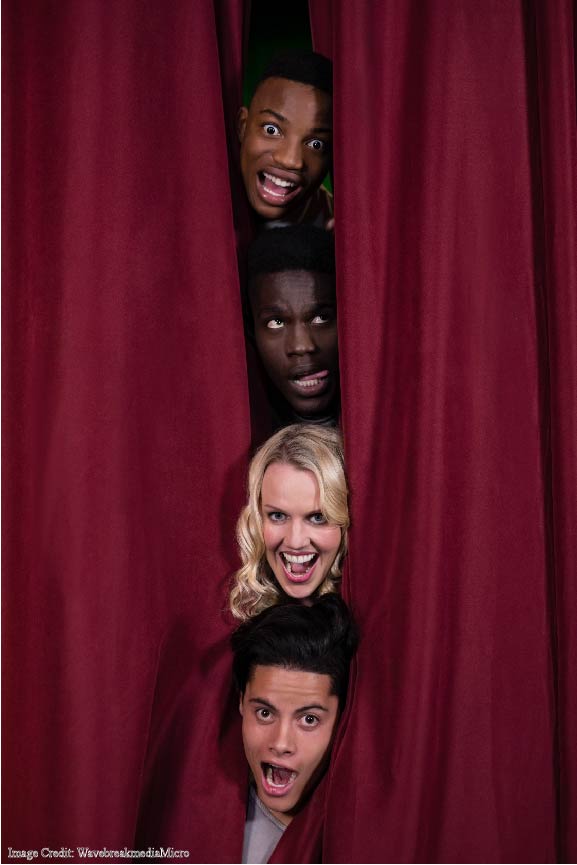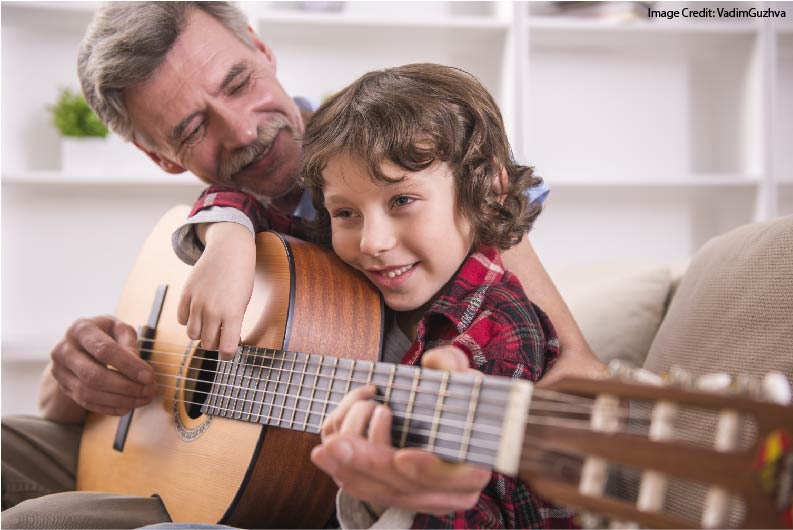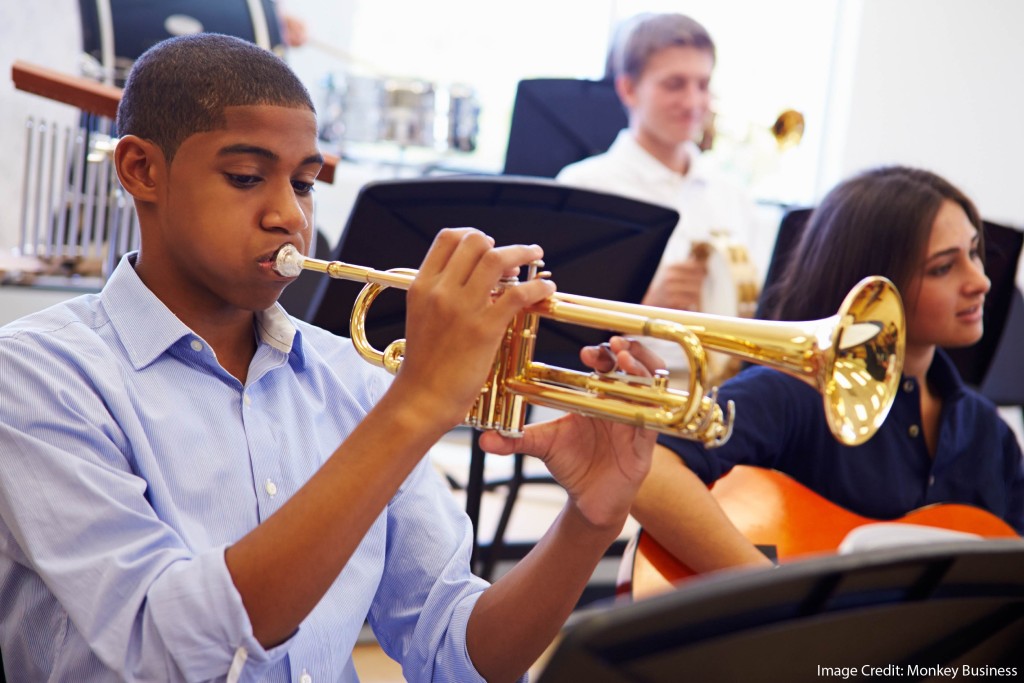You have, no doubt, heard of the “Mozart Effect.”
The short version is: “listening to Mozart makes you smarter!” (Translation: “Parents: run right out and by Mozart recordings for your children!”)
The longer version is: “in one study, children who listened to Mozart before they took a spatial reasoning test did better than those who didn’t. The effect lasted, at most, fifteen minutes.”
That initial study turned into several books, and several extravagant claims. In 1998, the governor of Georgia wanted the state budget to buy every child a classical music recording.
Plausible Extrapolation?
If listening to Mozart before a spatial reasoning test improves performance, then … just maybe … listening to music while I do my schoolwork will help me think better.
I know LOTS of teenagers who insist that this is true. Whenever I talk about brain research at schools, high-schoolers assure me quite passionately that they learn more with their music playing.
That’s a plausible claim. Let’s research it.
Perham and Currie tested this claim quite simply. They had adults take a reading comprehension test adapted from the SAT. Over headphones, they heard either…
…music they chose because they liked it (Frank Ocean, Katy Perry),
…music they didn’t like (thrash metal),
…music that didn’t have lyrics, or
…silence
What Perham and Currie find?
Quite clearly, these learners did their best thinking in silence.
More specifically, when they answered reading comprehension questions in silence, they averaged 61%. Listening to music without lyrics, they averaged a 55%. Music with lyrics — either likable-Katy Perry or disliked-thrash metal — led to a 38% average.
The drop from a 61% to a 38% should get everyone’s attention.
Here’s a straightforward summary for our students.
Would you like to increase your reading comprehension 20%?
TURN OFF THE MUSIC and read in silence.
Asking the Right (Narrow) Question
To sum up:
Perham and Currie’s study strongly suggests that listening to music with lyrics interferes with reading comprehension.
This study strongly suggests that listening to music during a task interferes with students’ creativity.
But, this study suggests that listening to upbeat music before a task increases creativity.
And, this study might — or might not — suggest that students who join band classes in high school improve in their ability to process language sounds … which might (or might not) have beneficial academic effects.
In other words: to understand the relationship between music and learning, we need to ask narrow, precise questions.
When students say “I study better with music because, Mozart Effect,” we can say:
a) we’ve got good research showing that’s not true,
and
b) we can’t extrapolate from very tentative Mozart findings to your homework.
One final point deserves emphasis.
I understand the desire to say: “students should study music because it helps them do this other thing better.”
I’d rather say: “everyone should make music, because it connects us to our humanity and to each other.”
Mozart or Frank Ocean or Thrash Metal. Bring it on…









